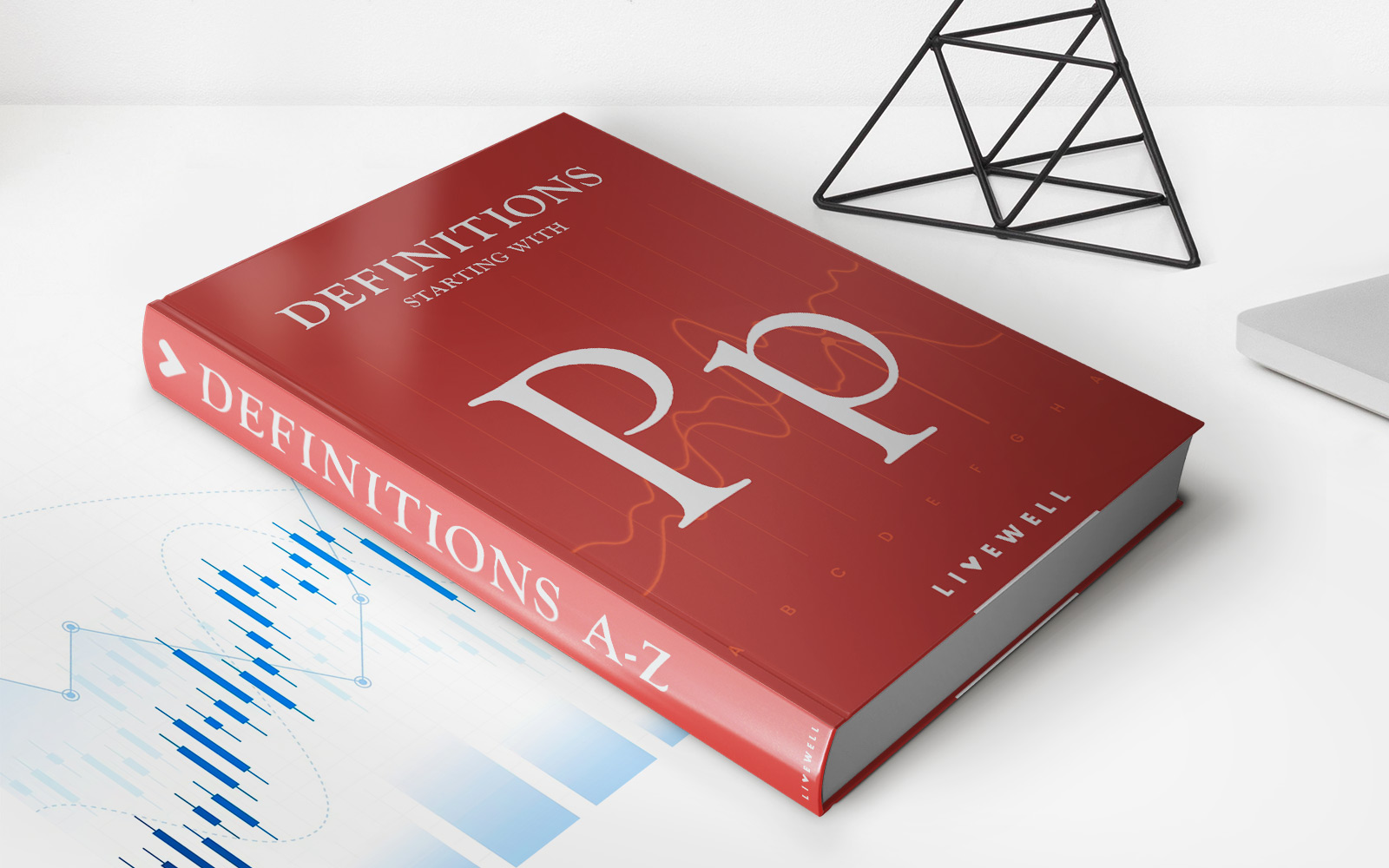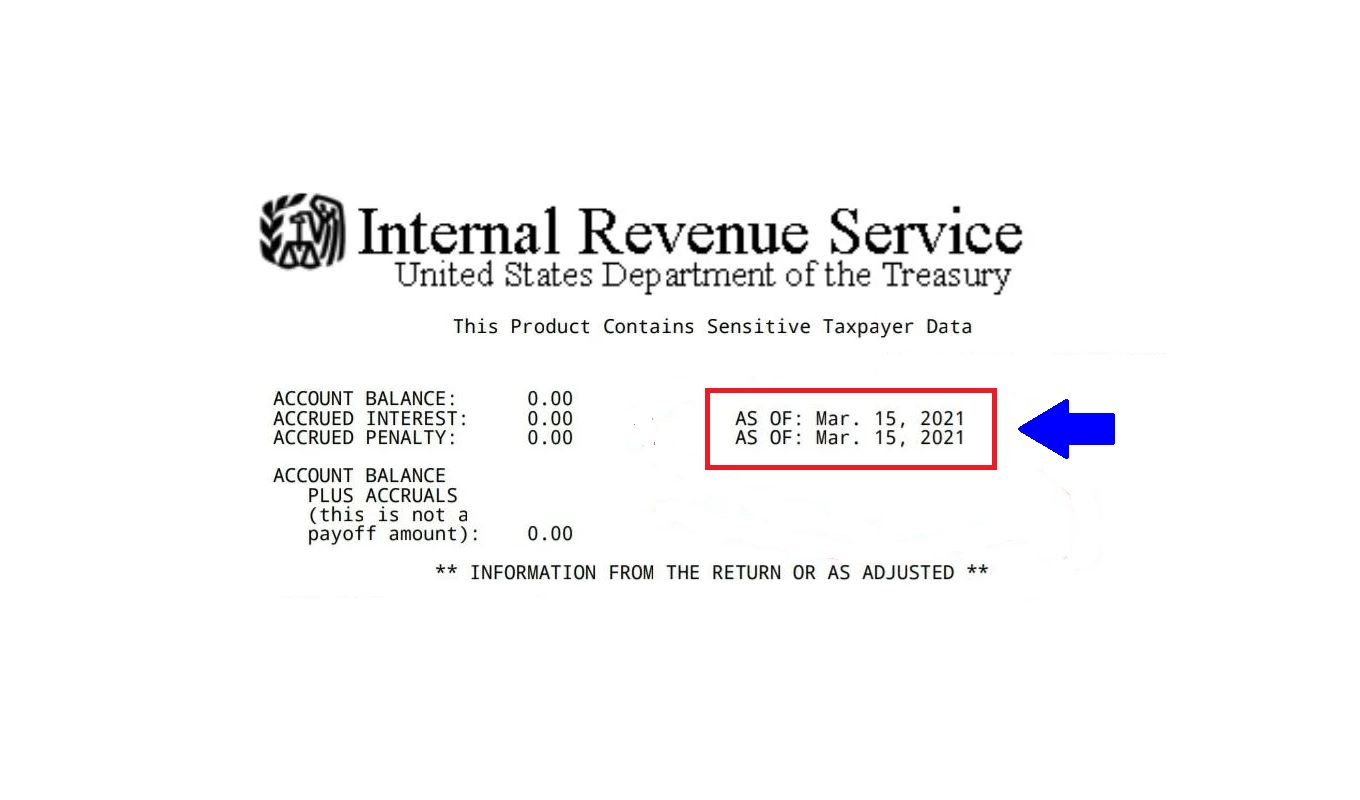Home>Finance>Family Limited Partnership (FLP): Definition, Pros & Cons


Finance
Family Limited Partnership (FLP): Definition, Pros & Cons
Published: November 22, 2023
Learn about Family Limited Partnership (FLP) and its definition, pros, and cons in finance. Discover how this strategy can benefit families looking to manage their assets.
(Many of the links in this article redirect to a specific reviewed product. Your purchase of these products through affiliate links helps to generate commission for LiveWell, at no extra cost. Learn more)
Finance Category: Family Limited Partnership (FLP): Definition, Pros & Cons
When it comes to managing and protecting your family’s assets, there are various strategies available. Family Limited Partnership (FLP) is a popular option that can provide significant benefits for wealth preservation and estate planning. In this blog post, we will delve into the definition, pros, and cons of a Family Limited Partnership.
Key Takeaways:
- Family Limited Partnership (FLP) is a legal entity created to manage and protect family assets.
- Some of the key benefits of FLP include asset protection, estate planning, and tax advantages.
What is a Family Limited Partnership (FLP)?
A Family Limited Partnership (FLP) is a type of partnership specifically designed for family members. It involves the creation of a legally recognized entity where family members become partners and pool their assets together. The FLP is typically managed by a general partner, who has full control over the partnership operations and decision-making.
The primary goal of establishing an FLP is to protect and preserve family assets. By transferring assets into the partnership, the family members gain limited liability protection. This means that the personal assets of individual partners are shielded from claims arising out of the partnership’s business activities. This can be particularly advantageous for families with significant wealth who want to safeguard their assets from potential creditors and lawsuits.
The Pros of Family Limited Partnership (FLP)
There are several advantages to setting up a Family Limited Partnership:
- Asset Protection: One of the main benefits of FLP is the ability to protect family assets from potential creditors. Since the general partner holds control over partnership assets, the limited partners’ personal assets remain separate and shielded from claims.
- Estate Planning: FLP can be a powerful tool for estate planning. By transferring assets into the partnership, families can effectively reduce estate taxes and ensure a smooth transfer of wealth between generations. Additionally, the FLP structure allows for greater flexibility in distributing assets.
- Tax Advantages: Another advantage of FLP is the potential for tax savings. The structure allows for income and profits generated by the partnership to be distributed among family members. This can result in tax advantages, especially if the partnership is subject to a lower tax rate than individual partners.
The Cons of Family Limited Partnership (FLP)
While FLP offers significant advantages, it’s essential to be aware of the potential drawbacks:
- Complexity and Costs: Establishing and maintaining an FLP can be a complex and expensive process. It may require legal and accounting assistance, which can add to the overall costs. Ongoing compliance with partnership laws and regulations can also be time-consuming.
- Limited Control: The general partner holds the decision-making power in an FLP. This means that limited partners have limited control over the partnership assets and operations. This loss of control may not be suitable for all families, especially if they prefer to have a more active role in managing their assets.
Conclusion
Family Limited Partnership (FLP) is a versatile tool that offers numerous benefits for families looking to protect and preserve their assets. By establishing an FLP, families can enjoy asset protection, estate planning advantages, and potential tax savings. However, it’s crucial to weigh the pros and cons carefully before deciding if an FLP is the right strategy for your family’s financial goals.
Remember, consulting with legal and financial professionals who specialize in FLPs can provide you with valuable insights and guidance tailored to your specific circumstances.














